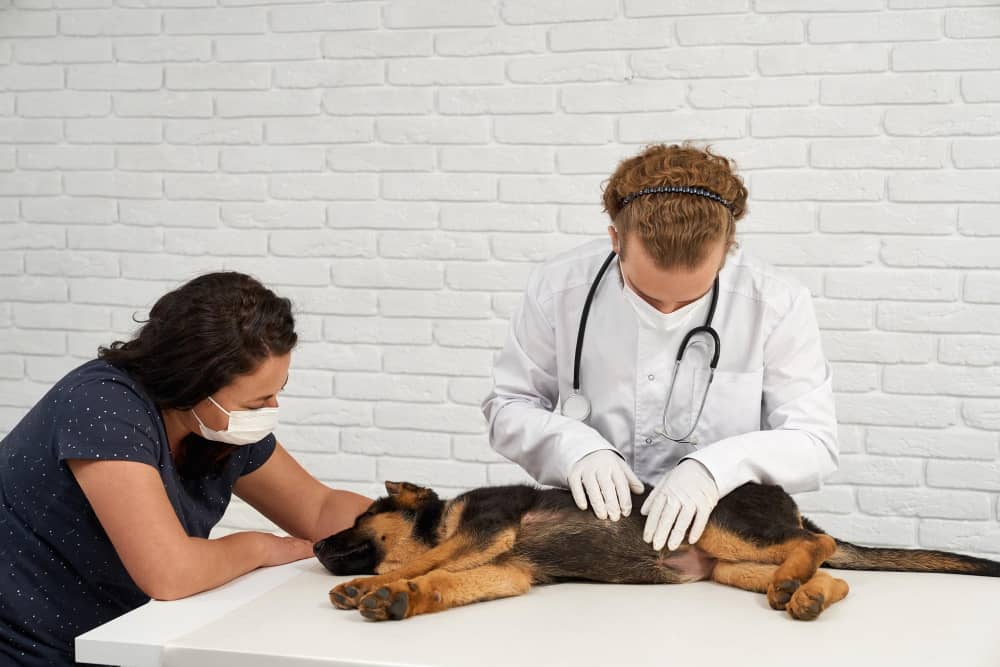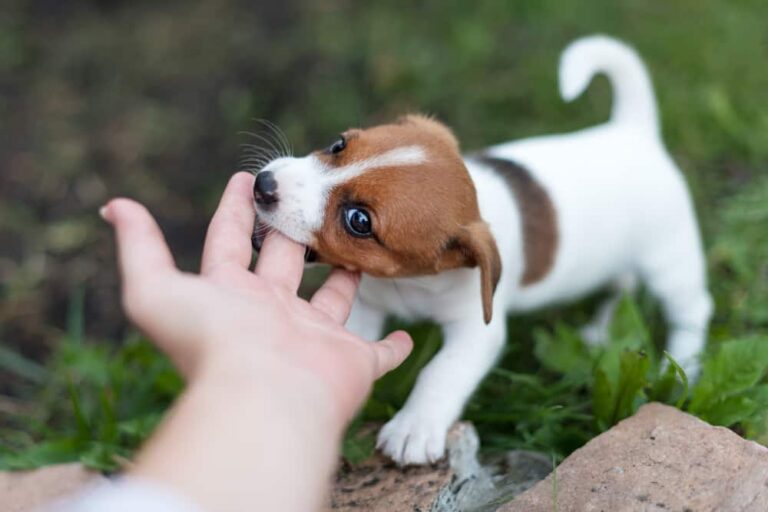Understanding behavior after neutering in Male Dogs: A Comprehensive Guide

Neutering your dog is an important step in their overall health and well-being. However, some pet owners have noticed a change in their dog’s behavior after the procedure, particularly regarding aggression. We’ll explore the topic of dog aggression after neutering and discuss whether there is a link between the two. We’ll also provide tips and strategies for managing and addressing any aggressive behaviors that may arise. If you’re a concerned dog owner or considering getting your dog neutered, this blog post is a must-read.
Contents
- Key Takeaways
- Do Male dog aggression after neutering
- When should my dog be neutered?
- What are some other benefits of neutering a dog?
- What Behavioral Changes Dogs After Neutering?
- How does neutering affect dog behavior?
- Is there an alternative to neutering my dog?
- Can I still breed my dog after they are spayed or neutered?
- Conclusion
Key Takeaways
- Neutering can reduce aggression over time, although there may be a temporary increase immediately after the procedure.
- Neutering promotes a happier and calmer demeanor in male dogs.
- Neutering can decrease the likelihood of wandering off, escaping, and humping behavior towards other dogs.
- Neutering can improve social interactions with other dogs and humans, reduce roaming tendencies, and increase focus on home territory.
Do Male dog aggression after neutering

While some male dogs may show a temporary increase in aggression after neutering, you’ll notice a significant decrease in such behavior over time. It’s not uncommon for neutered male dogs to exhibit a brief period of heightened aggression due to hormonal changes and discomfort from the procedure.
Don’t be alarmed if your dog becomes aggressive in the immediate aftermath. It’s one of the most common behavioral changes and usually subsides as your pup heals and adjusts to his new status. Remember, each dog is an individual and the speed of adjustment varies.
Over time, the overall aggression levels often decrease, leading to a calmer, more docile pet. Understanding these changes can help you navigate your pet’s post-neutering period with compassion and patience.
When should my dog be neutered?
Determining the right time to neuter your dog can vary, but most vets recommend doing it between six and nine months of age. The age of neutering can sometimes depend on your dog’s breed, as larger breeds tend to mature slower than smaller ones.
Neutering a dog early can prevent certain behavioral issues, as male dogs may start to exhibit territorial marking or aggression as they enter puberty. It’s crucial to consult your vet about the best time to neuter your male dog, considering his breed, size, and individual health.
| Age Range | Reasons |
|---|---|
| 6 Months | Young dogs recover faster and are less likely to have post-neutering complications. |
| 6 – 9 Months | It is not recommended as behavior patterns are more ingrained, making changes harder to manage. |
| Over 1 Year | Not recommended as behavior patterns are more ingrained, making changes harder to manage. |
Ultimately, consult your veterinary doctor to determine the best age for your dog. Neutering may done at different ages depending on breed, age, temperament, and how you got your dog.
What are some other benefits of neutering a dog?
You’ll often find that neutering your dog improves his overall health and significantly reduces his chances of developing certain cancers and prostate disease. Moreover, behavioral changes in neutered male dogs can lead to a calmer, less aggressive disposition.
| Benefits of Neutering | Before Neutering | After Neutering |
|---|---|---|
| Aggression | High | Decreases |
| Roaming Tendency | Common | Decreases |
| Health Risks | Higher | Lowers |
You’ll notice your dog neutered becomes less prone to wandering off, decreasing your worries. Also, neutering a dog can help diminish unwanted behaviors such as marking territory indoors. Imagine coming home to a happier, healthier pet less likely to engage in disruptive behaviors. These benefits of neutering make it a responsible choice for your furry companion.
Read More :- Why Do Dogs Sleep Facing Away From You?
What Behavioral Changes Dogs After Neutering?
After neutering, you’ll notice several behavioral changes in your dog that can significantly improve his disposition and interactions. To clarify, here’s how neutering affects the behavior of male dogs:

- Reduced Aggression: You might witness a temporary increase in aggression right after the procedure, but neutered male dogs generally show less aggression over time.
- Less Roaming: Neutering can curb your dog’s desire to wander off, which is particularly beneficial for outdoor dogs.
- Decreased Marking: Neutered dogs typically have less desire to mark territory, resulting in fewer instances of urine spraying.
However, some strange behavior after neutering a dog may occur due to hormonal imbalances, but these usually subside over time. Remember, every dog is unique, and these changes can vary.
How does neutering affect dog behavior?
In light of the changes you’ve learned about in the previous section, it’s important to delve deeper into how neutering directly influences your dog’s behavior.
When you neuter your dog, it causes a decrease in testosterone, leading to significant behavior changes. Dog behavior after neutering often becomes less aggressive and territorial. For instance, neutering causes a reduction in urine marking and roaming tendencies. Your dog may also be less likely to fight with other dogs.
It’s crucial to remember that behavior after neutering can vary with individual dogs and their breeds, but generally, neutering leads to calmer, more predictable dog behavior. With time, you’ll likely notice a positive change in your dog’s conduct after neutering.
Is there an alternative to neutering my dog?
You might be wondering if there’s an alternative to neutering your dog, and indeed, there are options you can consider. If you have plans to breed your male dog, or if neutering your dog isn’t the right fit for you, there are alternatives.
- Medical alternatives:
- Vasectomy: This procedure makes the dog sterile but leaves the hormones intact.
- Chemical sterilization: This involves injecting a substance into the testicles to stop sperm production.
- Behavior modification:
- Training: A professional trainer can help modify undesirable behaviors.
- Management: This involves controlling your dog’s environment to prevent unwanted behaviors.
Can I still breed my dog after they are spayed or neutered?
After your dog is neutered, it’s important to understand they won’t be able to breed anymore. This is because neutering removes the testicles in male dogs, eliminating their ability to reproduce. This applies to both male and female dogs, with spaying in females involving the removal of reproductive organs.
Here’s a simple breakdown:
- Neutered male dogs: No longer able to fertilize a female’s eggs.
- Spayed female dogs: No longer able to produce eggs or carry a pregnancy.
While spaying and neutering prevent future litter, these procedures also have health benefits. Remember, breeding is no longer an option once your dog is neutered, so consider this decision carefully.
Learn More:- Do Dogs Like Being Petted While Sleeping?
Conclusion
Neutering your dog is a decision that should be made carefully considering your pet’s well-being. While it can offer significant health benefits and potentially reduce aggression. You can see some strange dog aggression after neutering.
But neutering doesn’t change your furry friend’s unique personality. Your dog will still be the same companion you adore, just healthier and happier. If you’re considering neutering your dog, consider all the options and consult your veterinarian to make an informed decision that is best for your pet.






